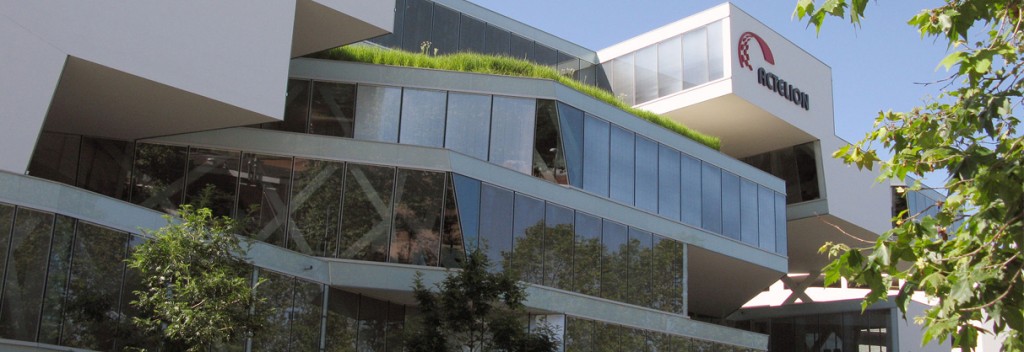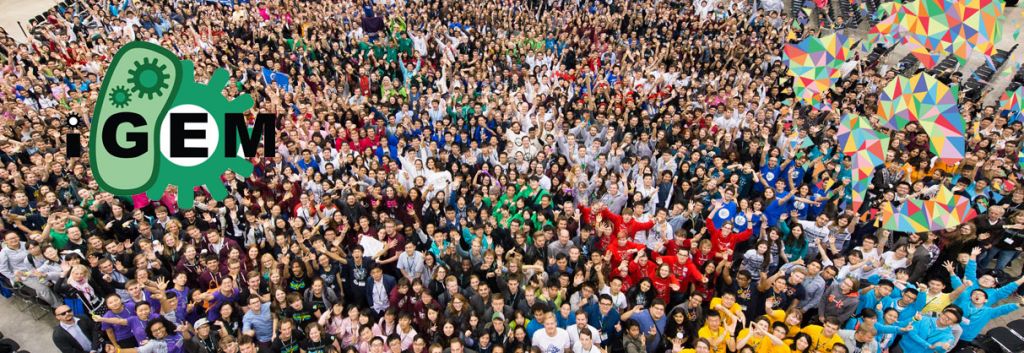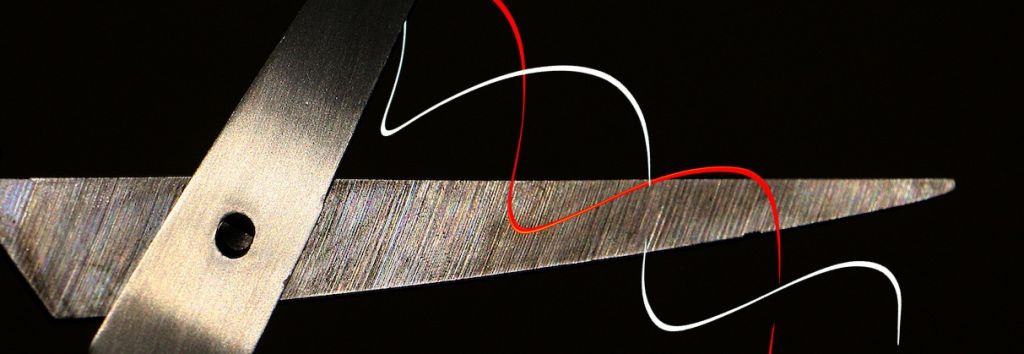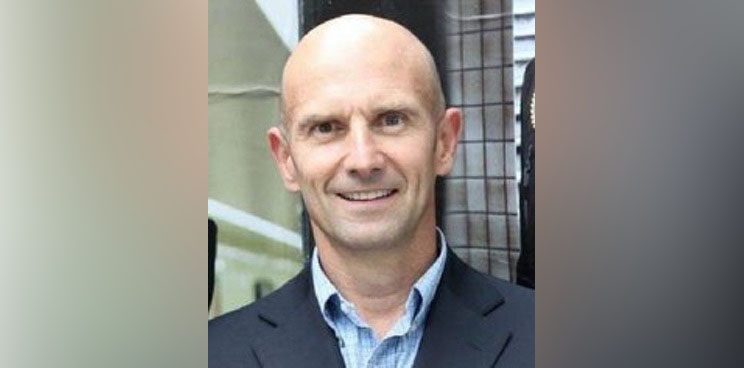Not many people are as successful as entrepreneur Philippe Dro: he is one of the very few serial Biotech entrepreneurs in Europe. He is a founder or early backer of three Biotech or Medtech companies that have since been acquired by big Pharma, all in less just 15 years! I had a nice chat with Dro to review his experience and analyse it for you.
This summer, Philippe Dro was appointed as CEO of Switzerland-based NeMoDevices, a developer of an innovative monitor of brain blood flow and oxygen levels. That’s how I discovered his name and became interested in his impressive career.
As he puts it, “I’m an old dinosaur,” for having been around for so long.
Dro is a pharmacist with an MBA. After starting his career in R&D and operations, he then worked in finance at Novartis, before joining a Swiss entrepreneur, Jacques Gonella, who founded a drug delivery company, JAGO. The company was later sold to SkyePharma for nearly £400M “approximately 250 years ago“, he joked.
Dro went on to rack up more such achievements. In 2000, he joined Axovan as CFO and sold it for $190M to Actelion in 2003. In 2004, he joined a struggling company, EndoArt, to set it back on its feet and sold it to Allergan for $97M in 2007. Finally, he joined Zurich-based GlycoVaxyn in 2008 and oversaw its exit to GSK for $190M in 2015.

What were your lessons over these three ventures?
You need a lot of energy and resilience to build and bring a startup to an exit. I’m not yet tired now and building companies is what I love to do. It’s my passion to bring impactful technologies and products to the market and improve the life of people. Very few industries worldwide can claim such a high positive impact made by so few brilliant people. Look at GlycoVaxyn: the technology was from the ETH in Zurich and the vaccines in development may protect the lives of millions of people. It’s so great!
You told me, you always join the companies as a founder or invest your own money. Why is that?
I guess it’s an ethical reason. I believe that investing your own money and own time makes you more committed to the mission of the company. It’s also a very strong sign towards the team especially when things are getting difficult. I don’t consider myself as a ‘mercenary’ who just steps into a company to manage it but really wants to build something and having a strong interest to do so. This is what I’m currently doing at NeMoDevices where the team is outstanding and the technology has a huge potential.

What were your biggest mistakes?
You know, there was not a single day without an error or a setback. The only thing that matters is not to repeat the same mistake and learn from it. One of the biggest setbacks I had was about people: it’s absolutely vital to have the right person to execute well the plan and a wrong choice on that level can be fatal. Finding, recruiting and keeping the right people is the biggest challenge. It’s different for IP, clinical trials planning etc. where it is always possible to recover.
What do see coming in the next years?
Biotechnology has seen fabulous progress in the last years. Our understanding of the genome, the fundamental biological processes, and technologies like CRISPR probably will open up a totally new horizon. I just hope it will be used well.
From a business point of view, these new technologies are extremely challenging. They are still at early stages of development and you need a lot of time and money to develop them. This requires one to be well equipped financially in order to be able to hire the best talents and reach success. The US is definitely better equipped regarding cash, talents, and the ecosystem to run such companies, as illustrated by Moderna, Bluebird bio, Juno, Editas, Intellia, Kyte etc.

“CRISPR gene editing could open totally new horizon”, read more about it on our latest review
Talking about the US: you are one of the only serial biotech entrepreneurs here as there are dozens in the US. What’s your view on that?
In Europe, founding and developing successful Biotech companies is probably more difficult and once you’ve done it, you don’t necessary feel the urge to start it over again. It’s culturally different in the US where entrepreneurial behavior is more ‘normal’. I was very lucky to meet the right people to support and build up the right business cases.
I also think that Switzerland is one of the only European countries where it’s possible. The entrepreneurial culture is very developed, there is a lot of high talent available, the life science industry is mature and you had some of the biggest Biotech success stories here.
Actelion, the only European biotech company over 2000 employees, has contributed a lot to the ecosystem. The founders, early employees and the entrepreneurs (among them Sofinnova) have profited from the success and gave it back with experience and money. This helped a whole generation of Biotech companies succeed, including my own.
It was great talking to Philippe about his experiences. As an entrepreneur myself, I’m always inspired by the path of other entrepreneurs and Philippe is definitely the most successful serial biotech entrepreneur I know in Europe. Plus, he is extremely friendly and has a nice sense of humor.
P.S. Good news: you should be able to meet him at Labiotech Refresh in Paris on November 24th





